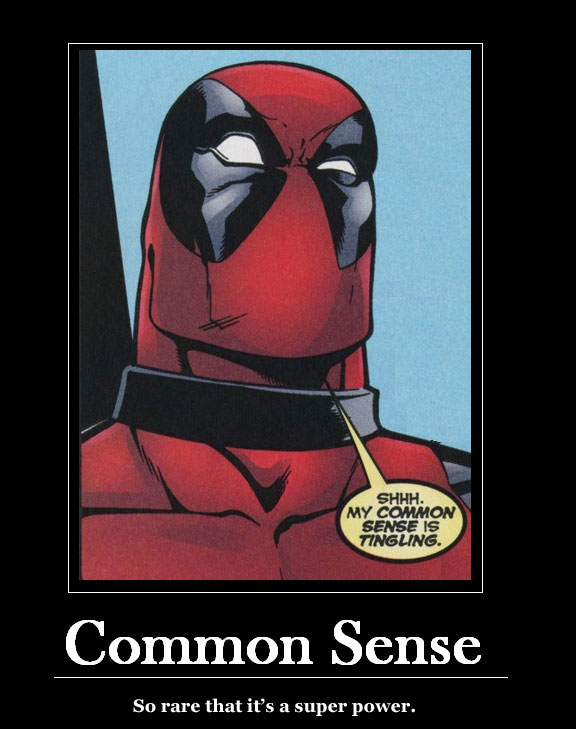The following is continuing a series on topics regarding training and development.
I have been tackling the subject of Training over the last few weeks. You may have seen the post. If you need to catch up feel free to do so by reading Training Series: Calling yourself a TRAINER, doesn’t make you one (7/18/10) and Training Series: What you NEED to be an Effective Trainer. Part I - (7/26/10).
Here is Part II of “Becoming an Effective Trainer.”
6. Lay out and uncover the expectations - This is something that I don’t think many trainers, learning professionals, instructional designers and world renowned speakers do enough of. Many times those who are facilitating a subject just start right in. They begin with what they have in mind rather then ask about and uncover what the participants are expecting. There are individuals that will be in attendance that have been forced to come, are willing participants as well as those who saw a description but are in the wrong place with the wrong expectations for what may take place. If you do not ask peoples expectations, acknowledging that all the reasons they are there, then you may have problems. Those who have misconceptions will never feel you covered what they wanted. Others who are forced will never be fully engaged. By setting and asking those individuals their expectations you can clarify and get people on board for the activity that is to take place.
7. A chess like mentality - By this, I feel you need to have a sense of strategy. When you design a course you start out with the objectives and then scale back to the actual delivery.
8. Be aware of Logistics - A session is not just about showing up. It is about all the people who will be attending knowing where they are to be and what is to take place. It is about knowing where the exits and entrances are. Where to set-up, when and how you will give out handouts and supplemental materials. It is even about knowing when to take breaks and show people where the bathroom is. Know your surroundings. Understand that there may be some surprises. Have your presentations on a back-up flash drive. Send the files to your own email account. Be sure that the file formats you are creating are the same formats that are on the location you will be presenting at computer (i,e. there is a difference between Office 2003 and Office 2007).
9. Knowing that just because you know you messed up, doesn’t mean they know - This comes down to “never letting them see you sweat!” If you mess up, no one knows except you. The only way they will know if you tell them. So if you missed a slide, no big deal. If you said something too early, don’t worry. This is not to say that if you give incorrect instructions or technical information that you gloss over that. Admit those and make sure people understand the difference between your mistake and what is right. But don’t try to act like you are right in all situations. Someone will call you out.
10. Good intuition - It takes years to automatically know what to do in certain environments. How to handle tough participants and questions. A level of practice and expertise that will allow the one in front to deliver the right way in the wrong and right situations. After you have had enough practice in the trenches the intuition just comes. The best trainers and facilitators have this.
Are these characteristics you agree with? Is there anything to add (there always is)? Please feel free to leave them in the comments.


